Prato is the European center for recycled wool. Anna Rodewald tells about its sustainability aspects.
Recycled wool has emerged as a new material favorite. Yet in the Prato province of Northeastern Italy, home to one of the largest textile clusters in Europe, knowledge about how to turn used wool fabrics into new is centuries old. In fact, the history of recycled wool in Prato dates back to the 12th century, and such recycling has been performed on an industrial scale since the 19th century.
Anna Rodewald, textile engineer from Greenroom Voice, traveled to Prato together with Pamela Ravasio, CSR and Sustainability Manager at the European Outdoor Group, to visit eleven companies in five days. One of the goals was to investigate whether the ecological impact of recycled wool is less than that of new wool. Determining this turned out to be a somewhat complex task.
“This is a niche in the textile industry that is not often talked about,” explains Anna Rodewald, and continues:
“To answer your question if recycled wool is more sustainable, of course it depends on what you compare it with. Historically, the ecological impact of recycled wool was not seen as important, and it was bought mainly because of its low price. For other materials, such as polyester, the recycled material was created based on the need for an improved footprint. In this case, large resources have been invested in research on how to ensure that the footprint is in fact improved. As this was not the intention for recycled wool in the first place, this could be one reason why there is still insufficient data for a lifecycle analysis.”
Minimal dyeing needed
However, Anna Rodewald could see clear benefits in the use of recycled wool:
“For example, the old textiles are sorted by color, such that a new colored yarn can be produced without an additional dyeing process. Only small amounts of freshly dyed fibers are added to attain a particular color. This process saves chemicals and dyes. In addition, some colors that have been dyed in the past with dyes that are no longer allowed are separated. These materials undergo extra intensive ecological testing.”
Creating jobs in Prato
The wool recycling process is labor intensive and requires specialized knowledge. This translates into jobs for the local population; jobs that are carried out in compliance with European health and safety regulations.
“In any case, it is important for a successful sourcing of recycled wool to have a direct connection to the producer and to build a good relationship of trust in this part of the supply chain. This enables better traceability and thus the purchase of a safe product. This can be an advantage in the Prato region, where it is easy for European brands to visit the manufacturers that produce recycled wool. Of course, traceability with respect to the animal welfare of the original material is very limited.”
“All in all, recycled wool is a good alternative, but a brand should have a close relationship to the manufacturer, including technical discussions about individual needs.”




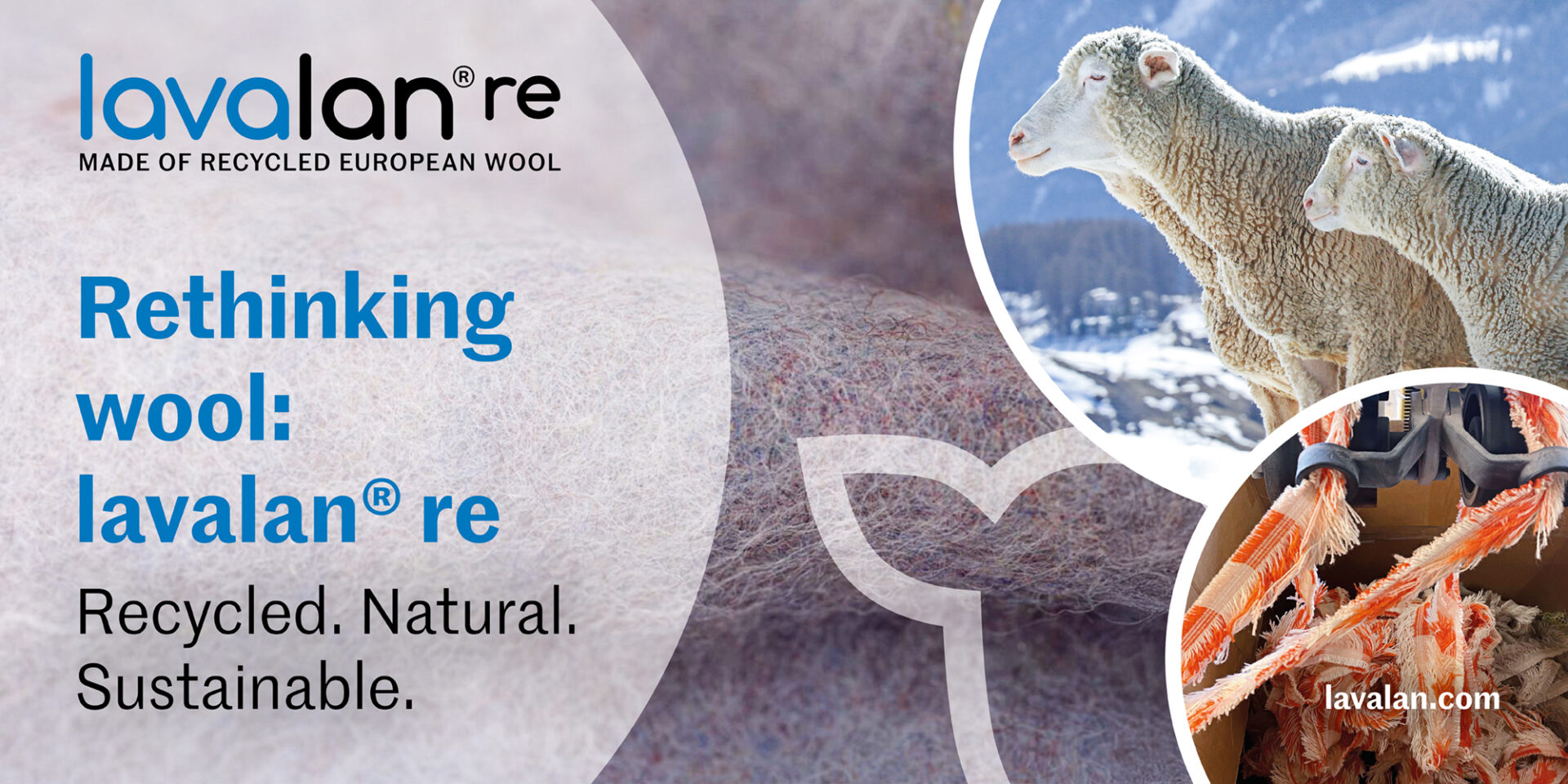

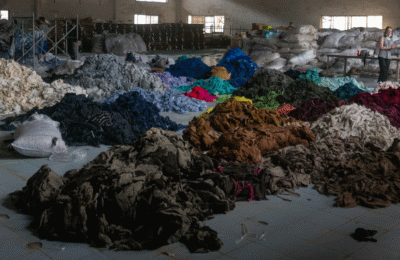

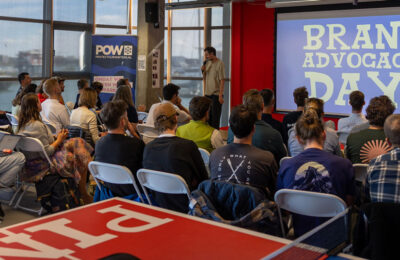
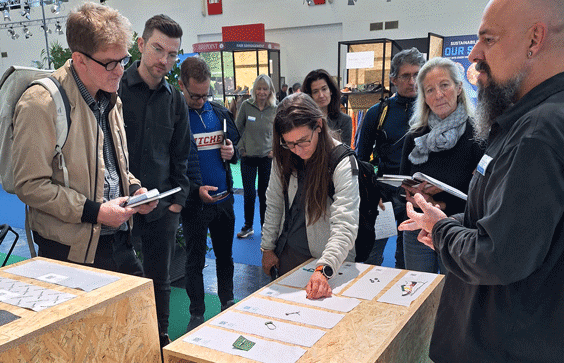
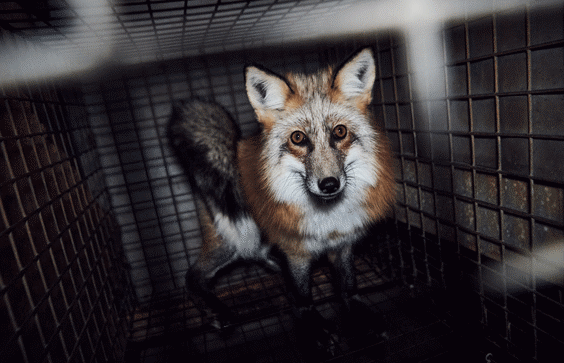




Sorry, the comment form is closed at this time.